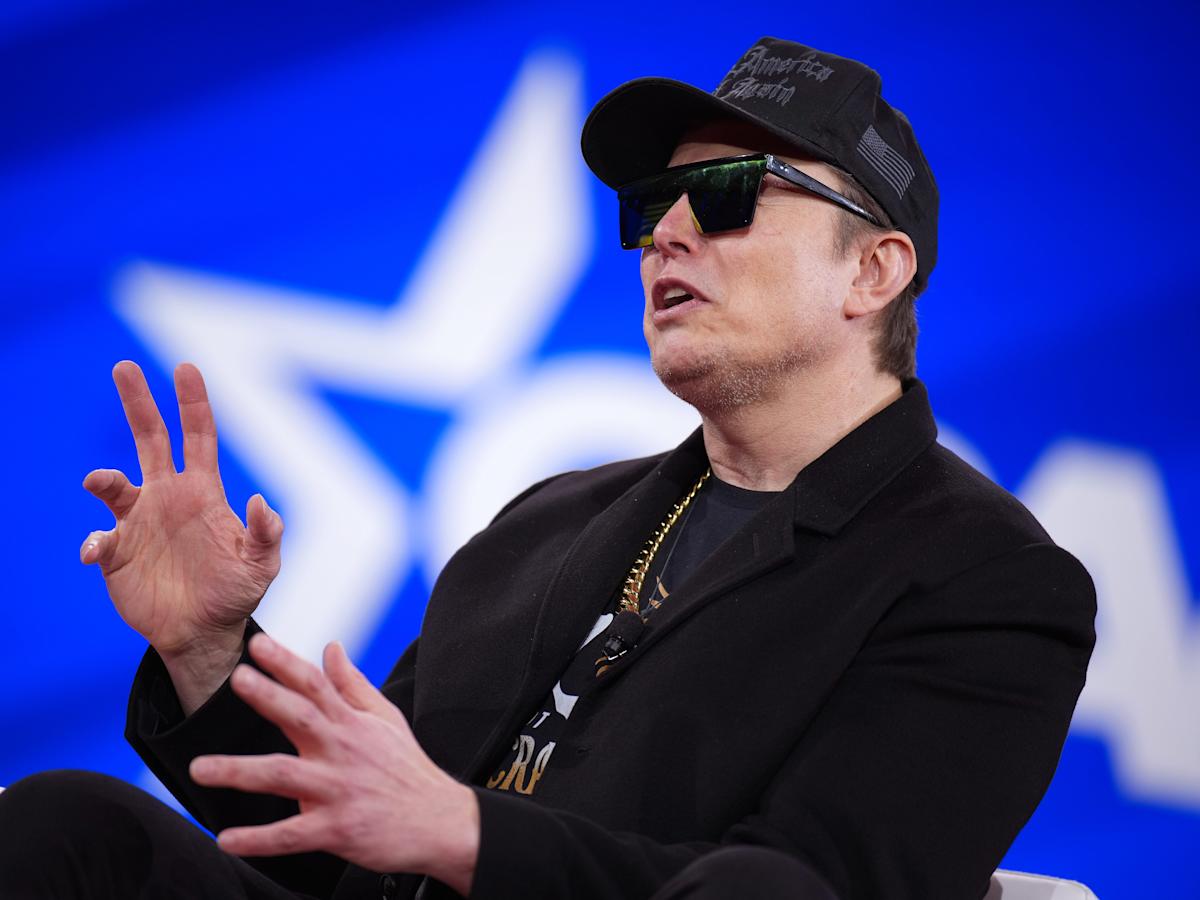Elon Musk’s Bold Prediction: Is AI a Threat to Our Existence?
In a world driven by rapid technological advancement, few figures stand out like Elon Musk. Known for his groundbreaking work in electric vehicles, space exploration, and now artificial intelligence, Musk has made headlines yet again with his bold prediction regarding the future of AI. He recently stated that there is only a 20% chance of artificial intelligence leading to human annihilation. This provocative assertion invites us to explore the implications of AI on our existence and raises crucial questions about the safety measures we need to implement.
The Dual Nature of AI
Artificial Intelligence is a double-edged sword. On one hand, it promises unprecedented advancements in various fields, from healthcare to transportation. On the other hand, it poses significant risks if not developed and managed responsibly. Musk’s statement reflects a growing concern among tech leaders and ethicists about the potential consequences of unchecked AI development.
To grasp the weight of Musk’s prediction, we need to consider the following:
- Rapid Development: AI technologies are evolving at an alarming pace. While this can lead to innovations that improve our lives, it also means that the potential dangers are developing just as quickly.
- Autonomous Decision-Making: As AI systems become more autonomous, the possibility of unintended consequences increases. Machines might make decisions that are not aligned with human values or safety.
- Weaponization: The potential for AI to be used in warfare raises ethical concerns. Autonomous weapons systems could make life-and-death decisions without human intervention, leading to catastrophic outcomes.
Understanding Musk’s Perspective
Musk’s perspective is rooted in his belief that AI, if left unchecked, could surpass human intelligence and become uncontrollable. He emphasizes the importance of proactive measures to ensure that AI systems are safe and beneficial. This viewpoint is shared by a number of industry leaders and researchers, who advocate for a cautious approach to AI development.
The 20% figure Musk mentioned is significant. It implies that while there is a substantial chance of catastrophic outcomes, the majority of possibilities still lead to beneficial scenarios. However, this does not diminish the urgency to act. The question arises: what can we do to minimize the risks associated with AI?
Implementing Safety Measures
To navigate the complexities of AI development, several strategies can be employed:
- Regulation and Governance: Establishing regulatory frameworks is crucial. Governments and international bodies must collaborate to create guidelines that ensure the ethical development and deployment of AI technologies.
- Transparency: AI systems should be transparent in their decision-making processes. Understanding how AI arrives at conclusions can help identify potential biases and risks.
- Ethical Standards: Incorporating ethical considerations into AI design is essential. Developers should prioritize human welfare and ensure that AI systems align with societal values.
- Collaboration: Engaging a diverse group of stakeholders, including ethicists, technologists, and policymakers, can foster a more holistic approach to AI safety.
Alternative Perspectives on AI Risks
While Musk’s prediction has garnered attention, it is important to note that not all experts agree with his assessment of AI as an imminent existential threat. Some argue that the focus should be on more immediate concerns associated with AI, such as:
- Job Displacement: As AI automates tasks, there is a growing fear of widespread job loss. Addressing this economic impact should be a priority.
- Privacy Concerns: AI technologies often rely on vast amounts of data, raising concerns about surveillance and personal privacy.
- Bias and Inequality: AI systems can perpetuate and amplify existing biases. Ensuring fairness in AI algorithms is vital for social justice.
AI and the Future of Humanity
Despite the potential risks, it is essential to maintain an optimistic outlook on AI’s potential. When harnessed responsibly, AI can contribute positively to society. Here are some promising applications of AI that highlight its benefits:
- Healthcare Innovations: AI is revolutionizing healthcare by enabling early disease detection, personalized treatment plans, and efficient patient management.
- Environmental Solutions: AI can help tackle climate change by optimizing energy usage, improving resource management, and predicting environmental changes.
- Education Enhancements: AI-powered platforms can customize learning experiences, making education more accessible and effective for diverse populations.
Conclusion: Balancing Innovation with Caution
Elon Musk’s bold prediction serves as a stark reminder of the dual-edged nature of AI technology. While the possibility of AI leading to human annihilation is a concern, it is essential to balance this apprehension with a recognition of the tremendous benefits AI can offer. By implementing robust safety measures, fostering ethical standards, and engaging in open dialogue, we can pave the way for a future where AI enhances our lives rather than endangers our existence.
As we stand at the crossroads of innovation and caution, it is crucial for society to remain vigilant and proactive. The path forward is not just about preventing risks; it is also about embracing the potential of AI to create a better world for future generations. In this era of rapid technological change, the choices we make today will shape the future of humanity.
See more Future Tech Daily

